Nigeria finds itself at an important crossroads. How it navigates this is important for today and future generations. An important line was crossed in these elections, and unless there’s redress and Justice is seen to be done, there may be no coming back from this.
“Let 2023 be the last time of Igbo interference in Lagos politics. Let there be no repeat in 2027. Lagos is like Anambra, Imo, or any Nigerian state. It is not No Man’s Land, not Federal Capital Territory. It is Yoruba land. Mind your business.” – Twitter User
Join our WhatsApp Channel“An important line has been crossed today” Twitter User
I have been pondering on Nigeria’s recent elections, from the presidential and national assembly elections on February 25 to the governorship and house of assembly elections on March 18, 2023. As I reflected on these elections, what to say, how much to say, and the right approach to saying it, eluded me. In part, this is because I had tenaciously held on to an optimistic view, that these elections held great promise for Nigeria’s democracy, political environment, civic engagement, and future progress. My optimism was inspired by the level of youth engagement, driven largely by the emergence of a new political party, combined with the 2020 #EndSARS movement, which changed the face of political engagement in the country. In the aftermath of the March 18 elections, this view turned to one of disappointment, resignation, and fear for Nigeria’s future. After some reflection, I decided to approach my reflections from two perspectives: 1. political engagement and 2. political disengagement.
Political Engagement
The 2023 elections saw the active engagement of citizens across a spectrum of political activities from being actively invested in the process, reviewing and commenting on campaign manifestos of the various parties, actively mobilizing across the citizenry, significantly higher rates of new voter registrations and a more engaged middle class.
I firmly believe that on this front, these elections changed something fundamental in Nigeria’s democracy. For the first time since the advent of the fourth republic, Nigeria’s recent return to a democratic constitution, in 1999, the youth (those aged between 18 and 35), and particularly the young middle class, were much more active in Nigeria’s political process during these elections. The symbolism of this cannot be overlooked. As an illustration, in the most recent voter registration exercise, more than 70% of the approximately 10 million new registrations were among youth and many of them would have been voting for the first time in their lives. In addition, youth make up 40% of the 93 million people who are registered and eligible to vote. Indeed, this election cycle was a coming of age. It was only the second time that those who were born in 1999 or after were eligible to vote. The level of youth engagement was suggested to be linked to the #endsars protests in 2020 during which youth were shot and killed by the military, but which continued to be a reference point for youth political and civic engagement. The resentment of the youth against the system, rather than resulting in apathy, as is seen with their peers in Europe and some other African countries, animated them to forge a common front and they chose to reject the status quo using their votes. In many ways, they succeeded in their quest.
A promise delivered
For starters, this election cycle saw a significant number of youth running across party lines, and for various offices. According to this report by YIAGA, approximately 29% of the candidates for offices at the state and national level in the elections were 35 years or below. While there is not yet an analysis that shows the number or proportion of youth who won offices, the results show that a significantly lower number of women won seats in the National Assembly (3 Senate and 15 House of Representatives, out of the total of 378 (92 for Senate and 286 for House of Representatives) who ran for office).
Further, the elections produced one of the highest levels of diffusion of elected officials across party lines. While the All Progressives Congress (APC) won an outright majority in the Senate with 55 seats, the combined seats of other parties were 46, and 8 elections remained inconclusive. On the other hand, the House of Representatives has a different outcome, with APC winning 159 seats compared to 166 seats for all other parties, with 35 inconclusive elections. Assuming that all other parties maintain further wins, for the inconclusive seats, the dynamics in the national assembly could be significantly different this time. Also, for the first time, we have a number of fringe parties winning seats in the National Assembly. The Labor Party for example, which only came to the limelight ten or so months ago, won 7 seats in the Senate and 35 seats in the House of Representatives and the New Nigeria People’s Party won two Senate and 18 House of Representatives seats.
The importance of this is partly that, assuming there are no defections and all the opposition parties join forces on key issues, there could be a much more robust national assembly and the legislature could play its true role once again (as it did with quelling the third term bid of a previous president). In addition to all of the above, it is remarkable that for the first time, many sitting governors lost bids to transition to the Senate, because of this high level of citizens’ active engagement and efforts to defend the vote. This is significant because in the past it would have been a foregone conclusion.
(Almost) Sanitized election campaigns
At the level of the campaigns, these elections were different in rhetoric for the most part. The political election campaigns were much more sanitized, at least for the period leading up to the presidential elections. Candidates appeared to conduct themselves better and the campaigns were largely issue-based. This was an important shift from previous elections that were largely ethnicity and religion driven. In these elections, to a large degree, both the electorates and candidates focused on the substantive issues and focused on how they would address important development challenges that confront Nigeria. Political party manifestos mattered to many people, and there were serious conversations among young leaders on the content of these manifestos. These were important improvements and changes in this election cycle. But all that would change following the presidential elections.
Political disengagement
For starters, the presidential elections saw a level of malpractice that had not been seen in Nigeria’s elections since 2007, when a former president declared the elections as a ‘do or die affair’. In some states, there was a much higher level of voter intimidation and violence than has been seen in recent times. Furthermore, the level of apathy was also very high. Mixed with projections of violence, and a cash crunch caused by the scarcity of currency notes due to the redesign of the naira, the turnout rates in the presidential elections were highly subdued at 27%, much lower than expected and lower than the 34% recorded in the previous elections, if the final results declared are to be taken at face value.
Polarization
The decline continued following the presidential elections. The first point to make here is the role of dis and misinformation. Following the announcement of the presidential election results, opposing political parties began to label certain candidates as ethnic and religious bigots, as a strategy to impugn their reputation and mobilize ethnicity in preparation for the state-level elections. Secondly, in the lead-up to the governorship elections, ethnic sentiments were whipped up in a way that had not been seen in Nigeria’s recent political history. Candidates, in Lagos in particular, were being branded as ethnic candidates because of their party affiliation and were vilified on the basis of this. Third, pre-election and election-day voter suppression was seen at a level not seen in recent times. Threats were issued by individuals with no consequences. This continued on to election day, where violence was used to suppress and, in some cases, block voters.
In some states, voter suppression occurred actively and on the basis of ethnicity. Not only was this done, references were made to the civil war (1967-1970) and voters were turned back, attacked at polling units specifically because they looked like they were from a certain ethnic group and not the other (see quote from Twitter above). It is important to note that violence and voter suppression have been preeminent factors in Nigeria’s elections since 1999 and even much earlier in its post-colonial existence. However, never has it been targeted in this way. This is an important line that was crossed in these elections.
There is something about the way that polarization works. As many of us have suggested, it is often a political project that seeks to blame others for bad experiences caused by the political class – a scapegoating of sorts. Unfortunately, it exposes the group that is blamed to danger as this often degenerates into politically motivated violence, and as we’ve seen in some places, it can lead to the most egregious forms of carnage. What has happened in this election is a very dangerous fire that can burn down the entire edifice. As a country, Nigeria has seen its fair share of divisions, religious and ethnic violence. However, the one time the country went on an all-out war, it was this kind of language and ethnically targeted rhetoric and violence that was at the heart of it.
READ ALSO: Low Voter Turnout, As INEC Officials Wait In Bauchi
Consequences
Nigeria has come some distance since 1999. Sadly, it cannot be said if our democracy has matured, is maturing, is still in its infancy, or is still-born. What can be said is that this election is an important inflection point for Nigeria and it’ll have consequences for the country for the foreseeable future. For one, among the youth, and the wider public, political engagement could significantly decline owing to resignation. Second, it could worsen how young people see meritocracy in a society where people could manipulate the system to ascend to political heights with impunity. For me at least, this is a real challenge. If young people are socialized into believing that hard work, dedication, meritocracy, and commitment would not count, what kind of society would we have?
Some key questions
As I continue to reflect on the elections, there are six key questions that I continue to ask myself.
How do we support democracy better? Or rather, how do we ensure that the right safeguards are instituted to better protect it? How far ahead of an election cycle should we begin to get civil society to engage in the process and what specific places offer the most opportunity?
Are donors and civil society organizations focusing too much on the conduct of the elections themselves that they are losing sight of the preparatory processes and the last mile? There seems to be a lot of emphasis on macro-level problems facing electoral systems but not enough on the last mile (those who run polling units) in terms of the process of their recruitment and capacity.
What can be learned from the nature of political mobilization in specific regions (like northern Nigeria) that makes them so much more successful than others?
Are donors and civil society organisations inadvertently causing harm by focusing on the risk of violence in the analyses presented prior to elections? Given the ever-present tensions and fear in the atmosphere, how do we ensure that pre-election analyses present more nuanced pictures of what could happen as opposed to views that emphasize the risk of violence as this could hurt turnout, especially in the regions that are violence-prone, as witnessed in the recent elections?
To what extent is the significant focus on election monitoring the most appropriate way to use limited resources? As a measure of accountability, how can monitoring mechanisms like PVT (parallel vote tabulation) be combined with other forms of monitoring the overall political environment to pursue long-term outcomes like the reforms of the electoral systems?
Should donors and civil society place all faith in new technologies without investing in concurrent changes in human behavior? As we’ve seen in these elections, ad-hoc adoption of new technologies does not solve electoral problems that are systemic and ingrained. Is what we experienced in Nigeria a backlash from misplaced trust in technology?
Nigeria finds itself at an important crossroads. How it navigates this is important for todays and future generations. An important line was crossed in these elections, and unless there’s redress and Justice is seen to be done, there may be no going back from this.

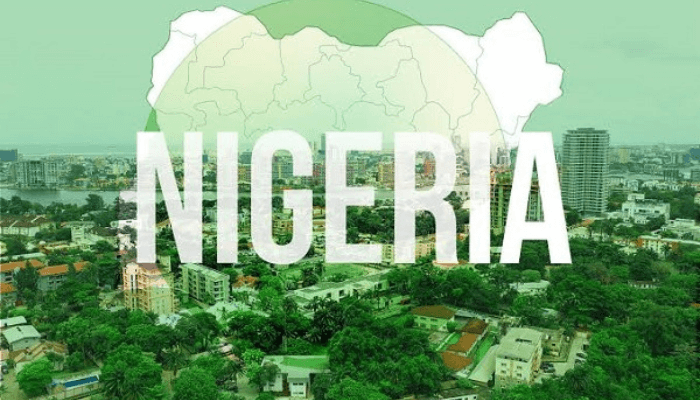
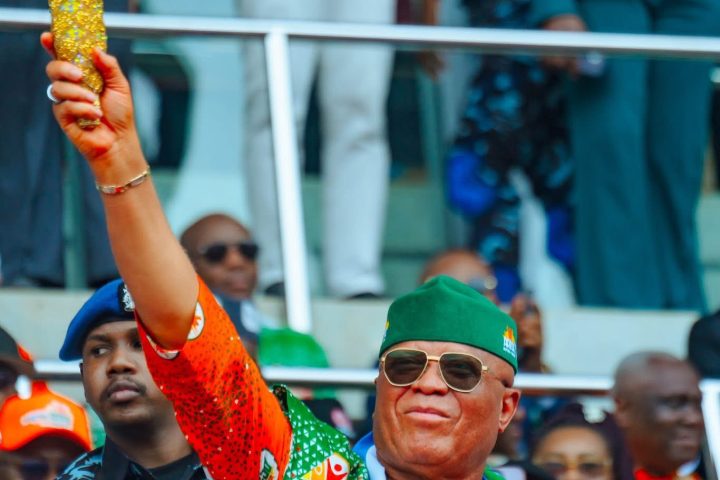

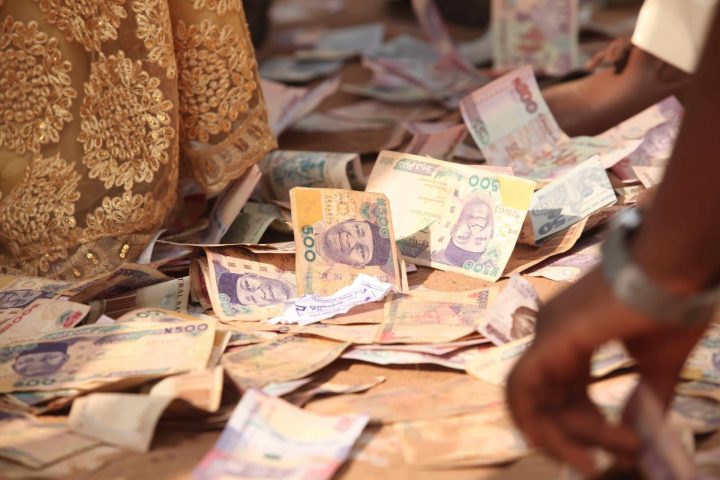







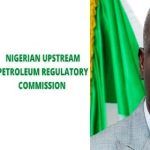
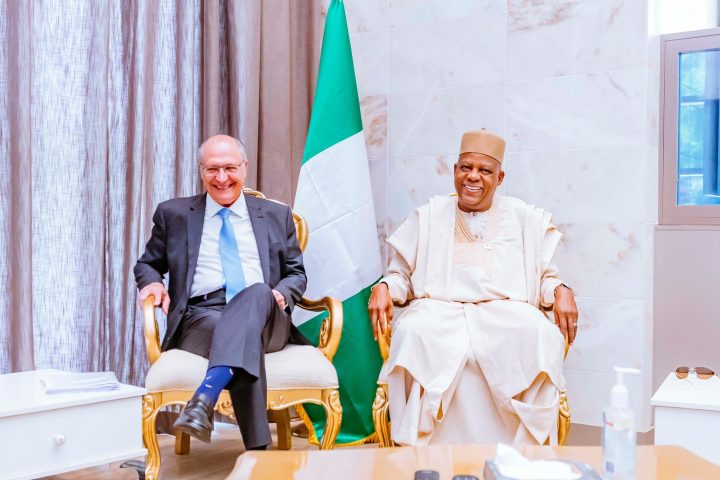
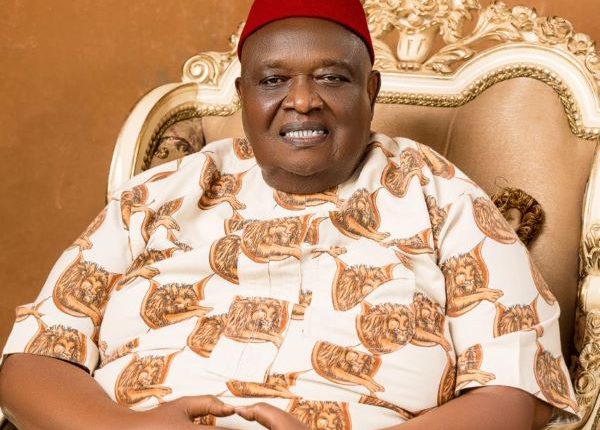
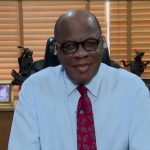
Follow Us